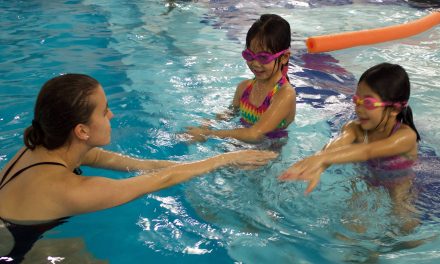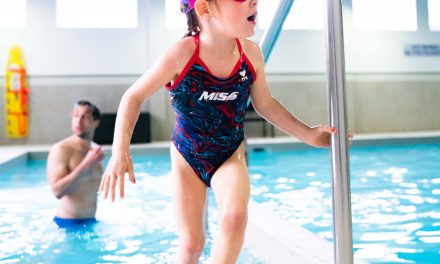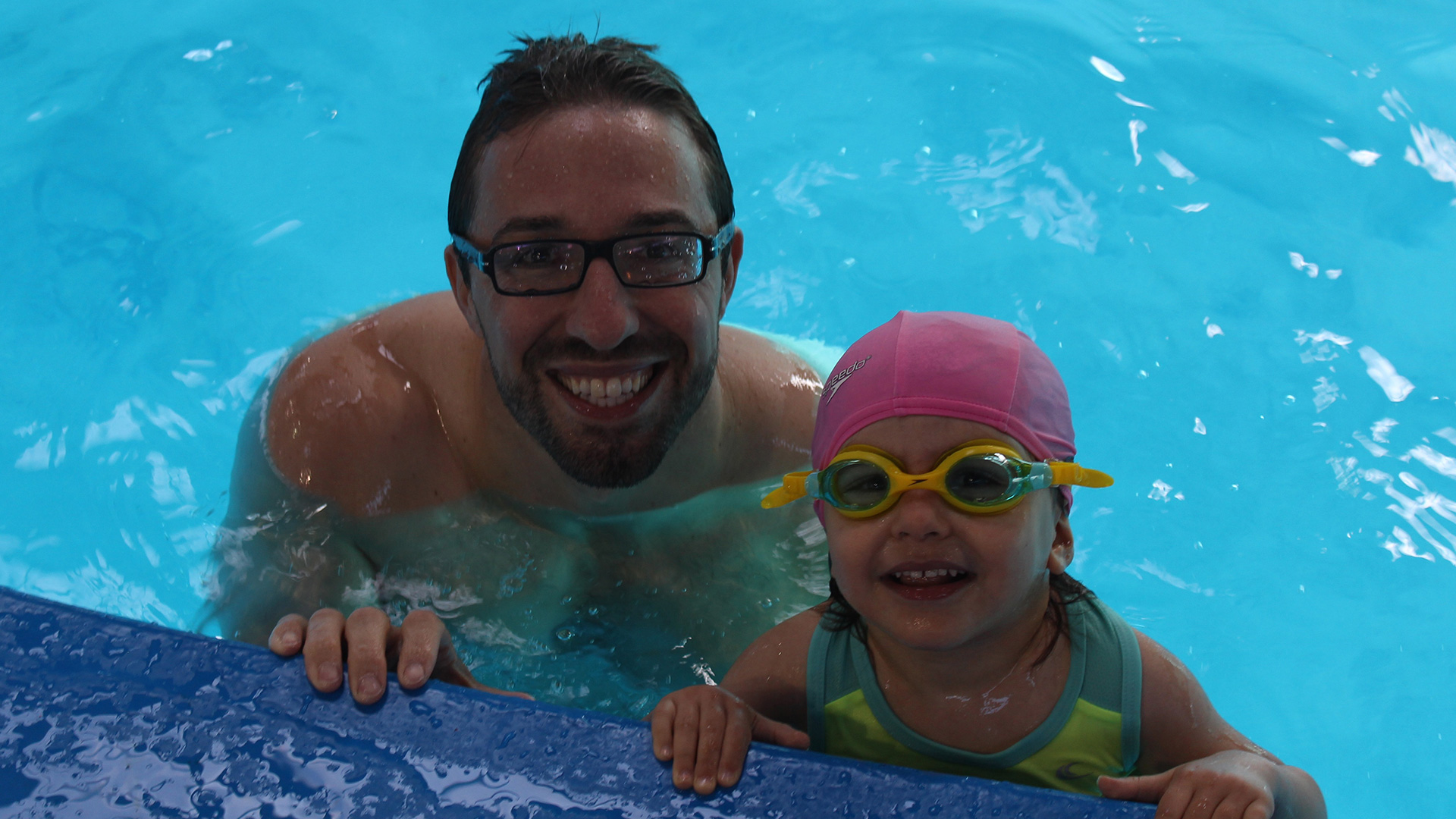It’s a brave new generation of employees. Late millenials, and now generation Z, born in the late 90s to early 2000s, comprise the first generation to be entirely raised with technology. Now young adults, they are the next wave of the workforce. They represent a new kind of employee culture, one that has some employers scrambling to adapt.
At Canada Swim School, and our sister school the Montreal Institute of Swimming, our workforce comprises primarily of young adults, and thus we’ve been fortunate to have a head start on welcoming this new wave of workers to our institution.
In addition to raising our hourly rates to benchmark the industry (currently both clubs average a starting salary +40% higher than the minimum wage for each province), we are one of the first swim clubs to employ performance-based incentives for part-time swim instructors.
The performance objectives are challenging, and require employees to take ownership of their work and go above and beyond the standard work expectations. Achieving these performance objectives demonstrates that a given employee has achieved results in terms of swimmer progress, satisfaction in terms of the experience their clients had with them, and success in terms of contributing the organizations growth. We will discuss two of these metrics here, reliability and renewals.
Reliability is the measure of exactly that. Reliability is defined by Wikipedia as “the quality of being trustworthy and or performing consistently well”. How we measure this particular metric is a function of how many of an employees lessons take place as scheduled. How do we encourage employees to improve reliability?
- by taking working hours that they know they can honor
- by prioritizing work commitments whenever possible if conflicts arise
- by taking ownership of their clients and committing to providing a consistent, quality service
Renewals are the measure of how many of employees clients sign up with them again for the following session. As swimming varies season to season, expected renewals are also adjusted each season, based on historical trends. Obviously, the more clients who stay with an instructor is a strong indicator of how well they are doing their job (aka how much their clients like them), but this is not always black and white. Sometimes, due to scheduling constraints and/or logistical issues, excellent employees are forced to drastically change their hours. Clients can find it challenging renewing with this instructor, even if they really want to, resulting in lower renewals rates even for great employees. Thus, we recommend the following for employees to optimize their renewals:
- keeping their same working hours session after session
- if they cannot keep the exact same hours, provide sufficient alternative hours
- take ownership of their renewals: pre-book their own clients in advance, and coordinate with management to pre-book these clients
- communicating registration dates with their clients in advance
- communicate long-term goals to clients so client buy-in to the vision and commit to their instructor
- generally offer an excellent service so clients want to renew with them
We’re downright pumped to be on the leading edge of this industry revolution, and we are paving the way to a successful future for our employees, a better results-based service for our clients, and a more sustainable future for our organization.












